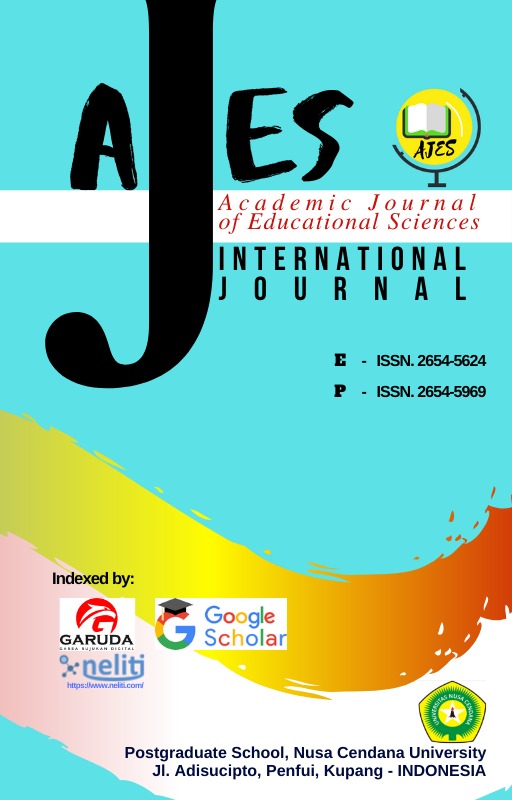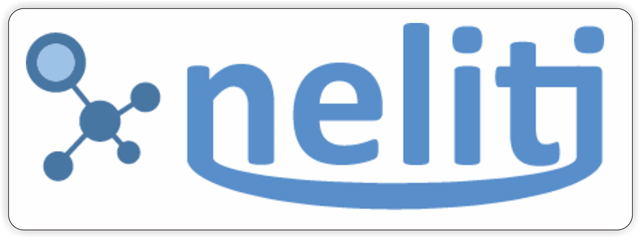THE FORMS AND MEANINGS OF THE LELAK LOCE RENDA FOLKSONG IN MANGGARAI LANGUAGE
Abstract
This study describes the relationship of Manggarai language, Manggarai culture, and conceptualization of Manggarai society as members of Manggarai ethnic group in viewing and making sense of the world, as reflected as reflected in the forms and meanings of linguistic phenomena in the text of the Lelak Loce Renda folksong in Manggarai language as the reflection of Manggarai culture as the identity marker of Manggarai society as members of Manggarai ethnic group. The study is descriptive-qualitative. The study is viewed from cultural linguistics as one of the new theoretical perspectives in cognitive linguistics which explores the relationship of language, culture, and conceptualization. The result of study shows that the forms and meanings of linguistic phenomena used in the text of the Lelak Loce Renda folksong are unique and specific to Manggarai culture as parent culture in which Manggarai language is embedded. The contents stored in the forms of linguistic phenomena in the text of the Lelak Loce Renda folksong serve a set of meanings which are interconnected to one another in designating the ways Manggarai society view and make sense of the world. The prominent meanings implied the forms of linguistic phenomena used in the text of the Lelak Loce Renda folksong are social, economic, religious, and educational meaning

 Fransiskus Bustan(1*)
Fransiskus Bustan(1*)







